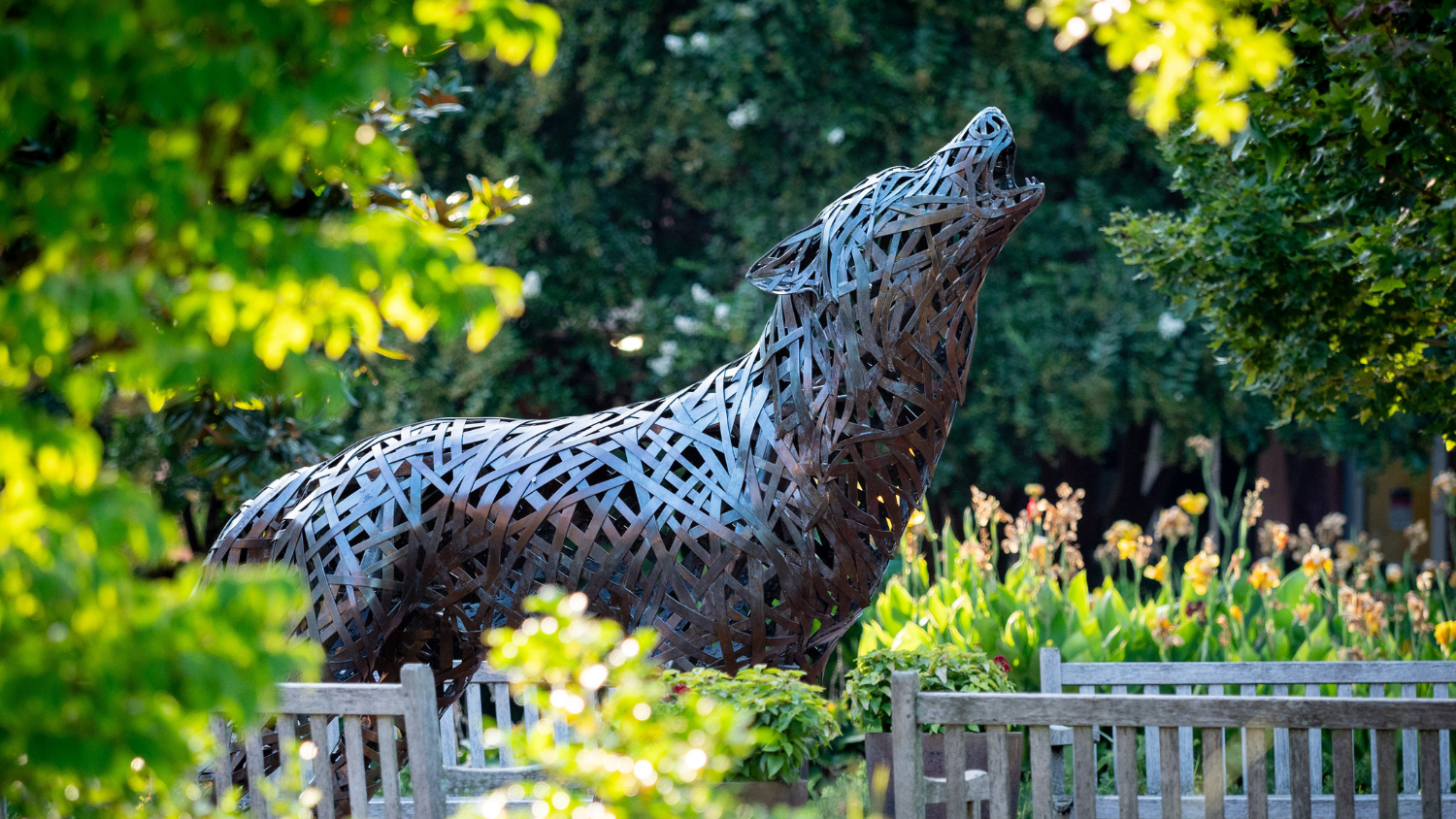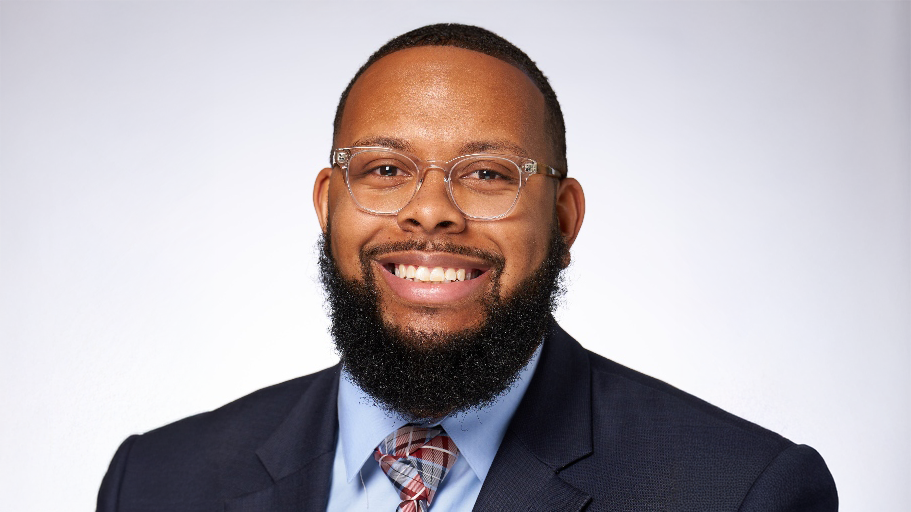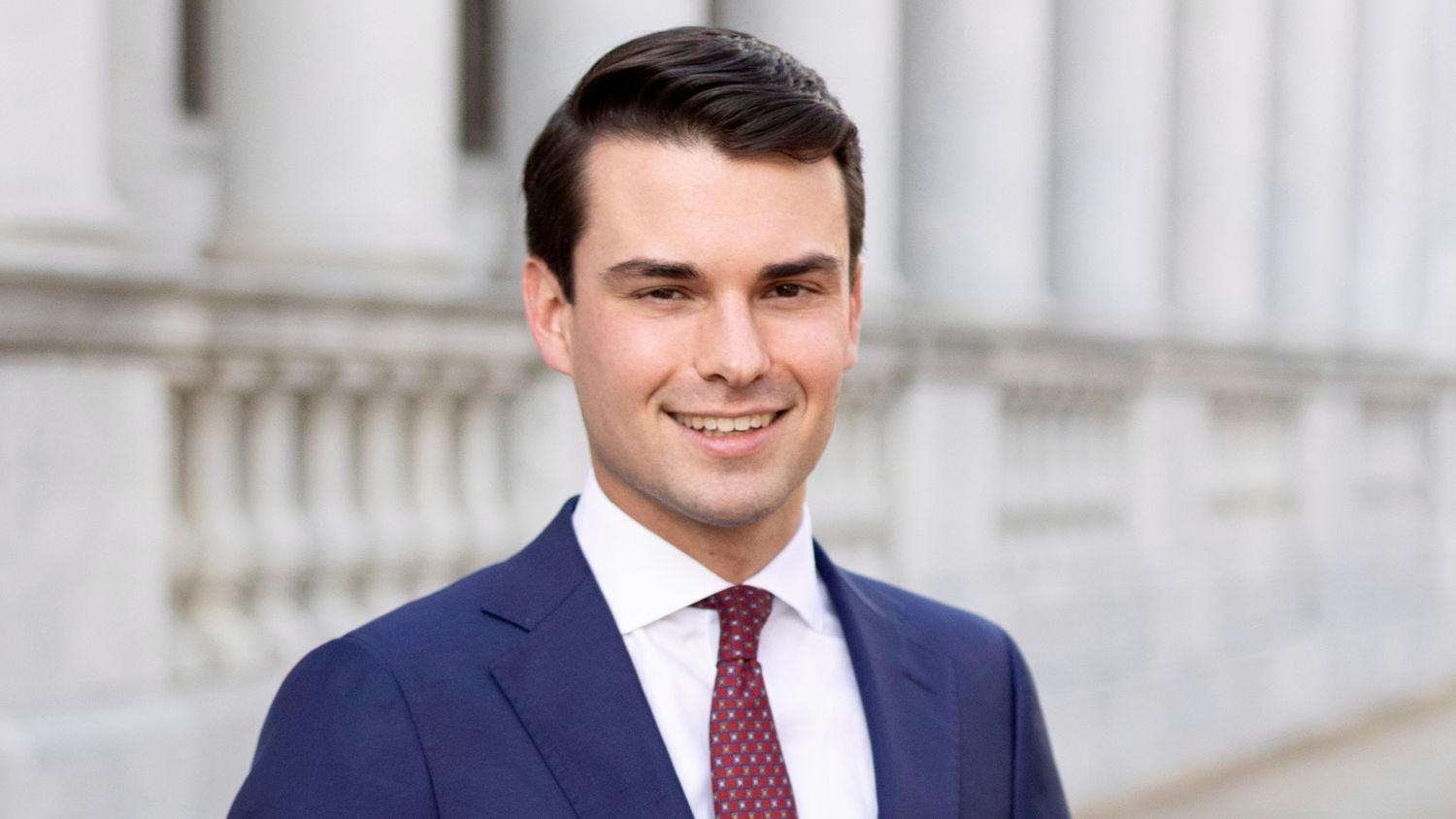NC State Jenkins MBA Team Wins Global TUN 2018 Analytics & Data Challenge
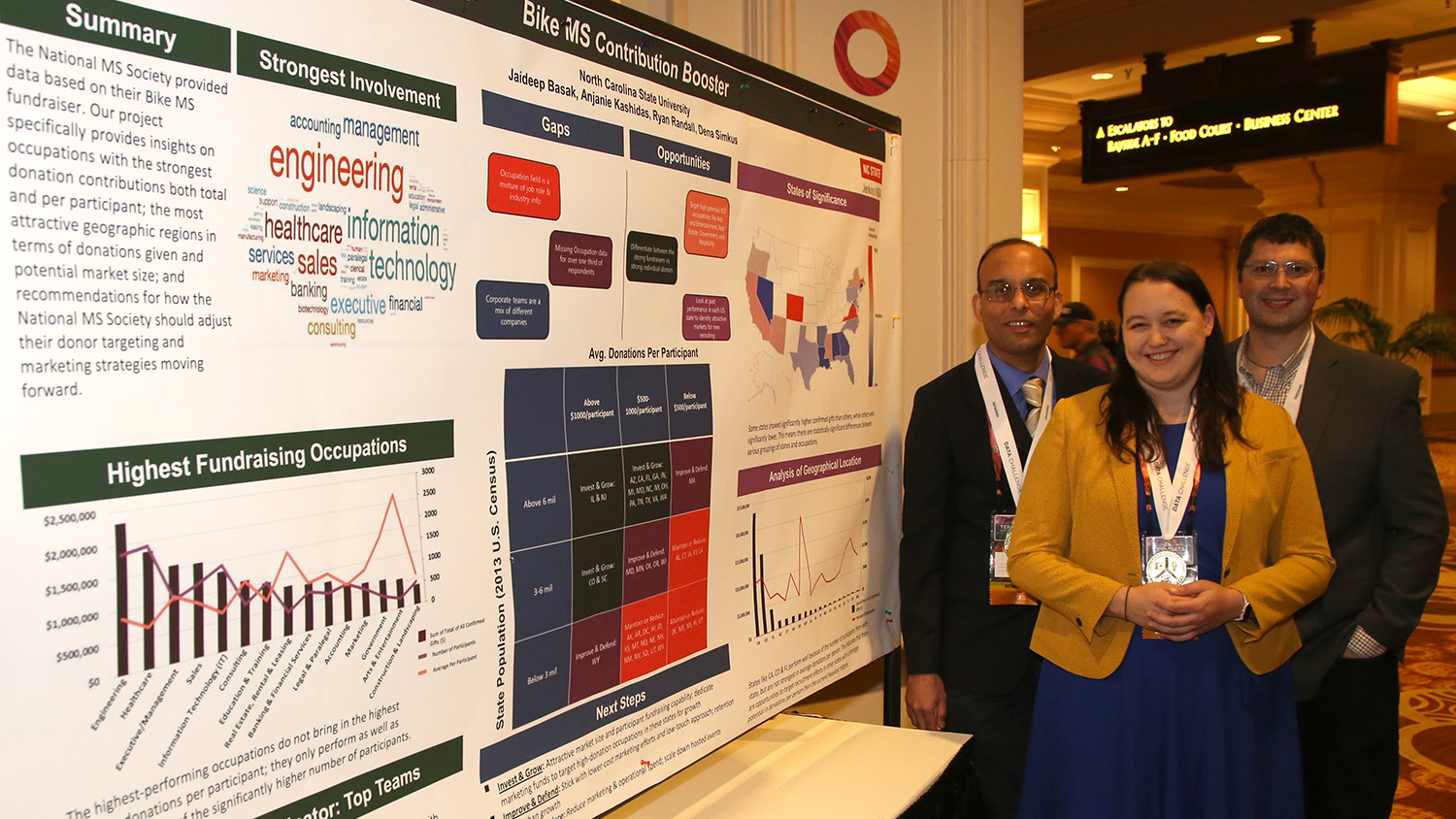
The result of intense work over the past several months was packed into a final six-minute presentation that earned an NC State Jenkins MBA team the “Best Value for Bike MS” award at the 2018 Data Challenge, the fifth annual challenge event organized by Teradata University Network (TUN).
Their team was one of the 15 finalists selected from among 60-plus submissions from across the globe to participate in the final round held in October 2018 at the Teradata Analytics University conference in Las Vegas, Nev.
Getting to that event, however, involved a commitment of time – that began in the spring 2018 semester – for team members Jaideep Basak, Ryan Randall, Dena Simkus and Anjanie Kashidas, along with faculty advisor David Baumer, professor emeritus in Poole College’s Department of Business Management.
“We entered into this competition as part of the Jenkins MBA Decision Analytics Practicum course in spring 2018,” Basak said in an email interview with Poole College communications. They had the option of doing the Data Analytics and Data Challenge, and selected the latter.
The team had two options for the TUN competition: the 2018 Analytics Challenge, where they could choose their own topic and their own dataset, or the 2018 Data Challenge, where they were provided with the topic, business questions and datasets from the client, National Multiple Sclerosis Society (NMSS), a non-profit charitable organization, for their Bike MS program.
“We chose the latter competition as we wanted a focused approach where the business problem was already defined,” Basak said.
In the finals, they competed against “four other very challenging competitors, including teams from Canada and Europe,” he said. Each team could select up to two members to present their results; Basak and Simkus represented the team. Kashidas was not able to attend the finals.
About the challenge
“The Bike MS program was challenged with declining participation and hence, reduced charitable contributions for multiple sclerosis,” Basak said. “We were challenged with a deep dive analysis of Bike MS data for the past five years and came up with valuable insights and recommendations to have a focused marketing strategy that would bring in the greatest return on investment for NMSS. This would enable NMSS to enhance their recruitment efforts and improve on their charitable contributions with the lowest possible operating costs,” he said.
In developing their response to the challenge, he said, “We identified the datasets that were relevant and in this way, narrowed our focus from the very beginning. We identified gaps with the datasets, including missing data (and) picked variables of interest, like occupation and geographic location, and went on to prove them as the key variables determining charitable contributions. We identified occupations like engineering and information technology as (being those) with high individual contributions, but the focus was on occupations like arts and entertainment, government, real estate and marketing, where the average contributions were significantly higher. These were the occupations with high social and networking skills where the contributions were likely to be higher considering each individual would have a vast social network, and be able to influence other people to contribute,” he explained.
The team used JMP (SAS software), which they had learned to use in their statistics courses as part of the Jenkins MBA program, as well as statistical concepts from these courses and applied them towards the data analysis.
Team Effort
Basak credits the individual team members for their contribution to the team’s success. “This was a highly talented team with each individual displaying extraordinary skill sets. Ryan took up the technical analysis, running regression models using JMP. He was responsible for creating the graphical analysis (that provided) the meat of the presentation,” he said.
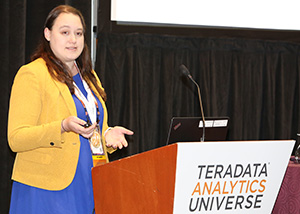
“Dena provided her expertise with the PowerPoint presentation. We believe her work with the final recommendations – creating the matrix displaying geographic locations (states) where the Bike MS program needs to invest and grow in, states with a retention focus, and also states where the fundraising events need to be reduced due to the low return on investment – was instrumental in the team’s selection as finalists,” Basak said, adding, “Anjanie took up the Executive Summary documentation, putting the whole story together.
“Professor Baumer ensured our analysis was convincing enough to be presented and he was the one who had suggested data adjustments based on state populations from the U.S. Census data, the only external data source we used for this project,” Basak said, adding, that Baumer also provided logistics and other support, including having the team’s poster printed and delivered to the conference in Las Vegas.”
“Representing the NC State Jenkins MBA program was an honor, and this competition emphasized for me how valuable our courses have been in teaching us how to dig down to the root cause of a business problem to give useful, actionable recommendations,” Simkus said. “I heard from several contest judges that one of the ways we differentiated ourselves was by focusing on providing the National MS Society with specific recommendations they could implement that supported their ultimate goal of increasing donation revenue.”
Basak pulled the team together and made sure its members were equipped well enough to face the challenges leading up to the submission on April 30, the announcement for the selection on June 1, prepared for the finals and then on to Las Vegas.
In addition to the competition, Basak said, the team members “attended some great speaker sessions on Teradata and big data challenges.” They also participated in a scavenger hunt on the Teradata mobile app, visited company kiosks at the Exhibit Hall – which Basak said “was a great way to learn new technologies and interact with representatives from various Big Data organizations.”
Breakfast, lunch and evening receptions provided additional opportunities for networking with other student competitors, faculty members and industry experts.
“These opportunities don’t come too often and one may not get this type of opportunity a second time in their lifespan,” Basak said. “It was a great pleasure to work with a team that rose up to all challenges, showed the same thrill and enthusiasm all through these ten months, (ultimately) providing the winning combination that was no less than the “best in the world.”
Read their feedback on the first stage in the competition
- Categories:
